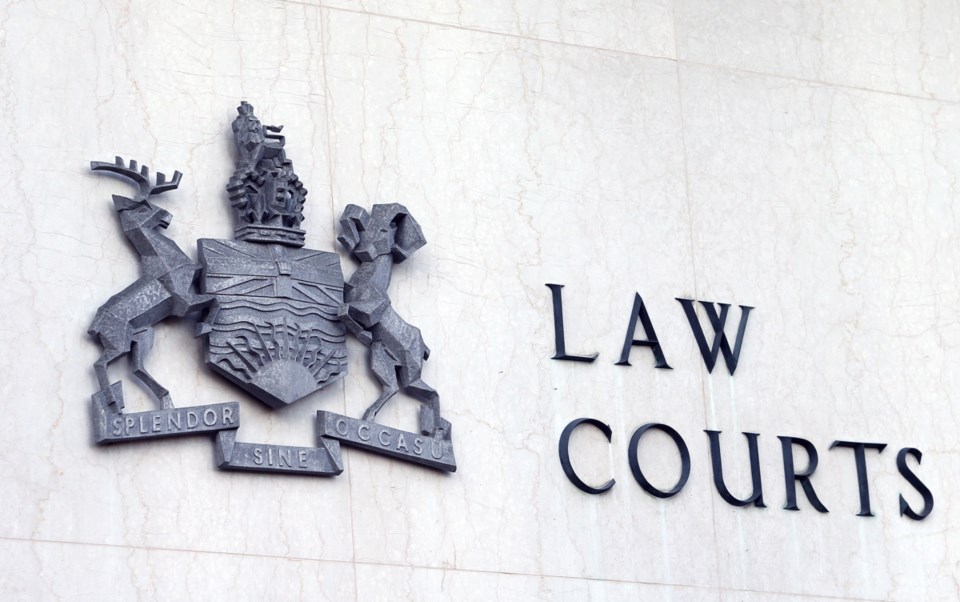On Tuesday, Judge Sue Wishart found there was insufficient foundation for the girl’s constitutional challenge and declined to embark on an evidentiary hearing.
The teen, whose identity is protected under the Youth Criminal Justice Act, will return to court on March 23 and will either be sentenced as a child pornographer or make an abuse-of-process application, suggesting that police or prosecutors engaged in misconduct.
Her defence lawyer, Christopher Mackie, declined to comment on whether there was misconduct.
The girl, who is now 18, shared nude photos of her boyfriend’s ex-girlfriend in November 2012. The photographs were sent to the ex-girlfriend via Facebook, with a demeaning comment. They were also sent to another friend.
The girl is fighting to clear her name of the stigmatization of being labelled a child pornographer, Mackie said. She will have to decide whether she wants to continue her fight by the end of February.
“Part of it for her is that this is two years … dealing with all this,” her lawyer said.
At a hearing last week, Mackie argued that Canada’s child pornography laws are arbitrary, overbroad and disproportionate to their stated objective. The young woman’s conduct was in no way connected to the evils of child pornography or child sexual abuse, and the objective of Canada’s child pornography legislation is to reduce the risk of harm to children, Mackie told the court.
Wishart cited the Supreme Court of Canada decision in Sharpe, which allows adolescents in an intimate relationship to possess sexual images of each other as long as they are not distributed to a third party.
Any conduct outside that exception could cause a risk of harm to children, including non-consensual redistribution, she said.
“In this case, with images obtained without the girl’s consent, the risk of harm is even greater,” the judge said. “There is no question the photos cause harm to the subject of the photo when they are possessed and redistributed without consent. This harm can be devastating and long-lasting.”
Wishart said the girl will be shielded by the Youth Criminal Justice Act from the more severe consequences faced by an adult convicted of the same offences. The act protects young people with publication bans and provisions that require the sealing and destruction of records. Most important, the act contains a sentencing regime, different from that for adults, that recognizes the presumption of diminished moral blameworthiness or culpability, she said.
Mackie also argued his client was treated unfairly as a youth for something adults do. Adults can forward sexualized photos or message of adults to others without facing criminal charges, he said.
But Wishart found the girl’s age was not relevant.
“The images in question constitute child pornography because [the victim] was under 18 years of age. It is not the age of [the accused]. It is the age of the person in the photo that criminalizes the act,” she said.



